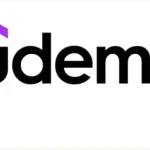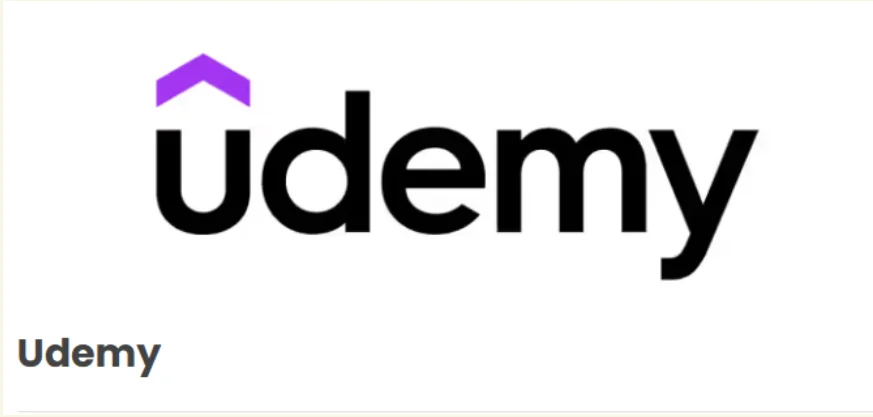On July 28, 2022, the African Union (AU) released its Data Policy Framework (Framework) following extensive multi-stakeholder engagements. The Framework aims to provide a multi-year blueprint for how the AU will accomplish its goals for Africa’s digital economy. It also sets forth the AU’s vision, scope, and priorities for Africa’s data ecosystem, the regulatory policies underpinning the digital economy, and the creation of the African Digital Single Market (DSM). Broadly, the Framework provides data governance guidance for Africa’s data market by helping Member States navigate complex regulatory issues. The goal of the Framework is to bolster intra-African digital trade, entrepreneurship, and digital innovation while safeguarding against risks and harms of the digital economy.
The Framework builds off the work of the Digital Transformation Strategy (DTS), which the AU adopted in 2020 to spur digital development across the continent, as well as other prior initiatives such as the Africa Continental Free Trade Agreement (AfCTFA) and the Policy and Regulatory Initiative for Digital Africa (PRIDA). African leaders created the Framework to respond to identified needs, opportunities, and risks of the digital economy, including the need to re-think policy around data and its relationship to larger social goals and institutions. In particular, the Framework recognizes that while data may create value, it also brings harms that regulators must address. The AU acknowledges the vast ongoing transformations to regional and global data policies and the need for African leadership to promote harmonization of legal frameworks across the continent.
Notably, the Framework contains many features that align with international approaches to data protection such as the need to root data policy in the rule of law, protect fundamental rights, and strike an appropriate balance between innovation and privacy. However, it also conveys unique and nuanced views on key emerging issues, including:
- Separating data sovereignty (a principle it generally supports) from data localization under the guise of data security, and taking a stance against using security policies to undermine human rights;
- Dissuading Member States from adopting broad data localization requirements. Rather, focus on localization for certain categories of data to ensure broad flow of data in line with policies such as the African Free Continental Free Trade Area Agreement.
- Highlighting areas where Member States can take novel approaches that fit the context of Africa, including prioritizing collective privacy rights and the need for data stewardships and other forms of data trusts; and
- Contextualizing the Framework within the larger process of creating a digital single market to assert Africa’s voice in ongoing global policy conversations and indicate that Member States will no longer be “standard takers” of data protection policy but rather “standard makers” in the future.
The Framework consists of six sections, each detailing a core feature of how regulators should balance policy harmonization across Member States with respect to digital policy. These sections include: (i) guiding principles, (ii) definitions and categorization of data, (iii) value enablers, (iv) data governance, (v) international and regional governance, and (vi) an implementation framework.
1. Guiding Principles: From Sovereignty, to Fairness and Inclusiveness
The Framework sets forth high-level principles to guide data policy creation and harmonization across Africa. These principles primarily apply to African Union Member States but extend to other stakeholders such as public-private partnership bodies, civil society organizations, regional cooperation fora, and other entities engaging in the digital economy. The principles aim to ensure that the creation and adoption of digital rules aligns with international law and standards and remains balanced. These principles include:
- Cooperation – Stakeholders (including private, public, and civil society bodies) should cooperate to foster exchange and interoperability of data systems within the African Digital Single Market, as well as promote coherence and harmonization of policies;
- Integration – Policies should remove legal barriers to intra-African data flows subject to necessary data protection, human rights, and security considerations;
- Fairness and Inclusiveness – Benefits and opportunities of the digital economy should be equitable and inclusive to redress national and global inequalities to those marginalized by technological developments;
- Trust, Safety, and Accountability – Policies should promote a trustworthy data ecosystem that is safe, secure, accountable, and ethical to stakeholders;
- Sovereignty – Stakeholders shall cooperate to enable Member States to self-manage, govern, and utilize data;
- Comprehensive and Forward-Looking – Policies should strive to create an environment that promotes investment and innovation through the development of infrastructure, human capacity, and harmonized regulations and legislations; and
- Integrity and Justice – Member States must ensure the collection, processing, and usage of data is just, lawful, and not used to discriminate or infringe on individual rights.
2. (Not) Defining and Categorizing Data
The Framework does not define data, stating that the variety of uses and types of data pose practical constraints to formulating a comprehensive definition. However, the drafters highlight that a better understanding of how data functions within the larger technological and digital ecosystem will help support policymaking.
The Framework proposes that Member States—and their data protection authorities (DPAs) in particular—categorize data to clarify and differentiate between different types of data, including personal and non-personal information. This clarification will aid companies’ compliance strategies to align their collection, storage, and use of data with data protection regulations. Furthermore, specifying the types of data, especially personal data, could help DPAs to more efficiently protect and uphold data subject rights.
3. Driving Value in the Digital Economy
Recognizing the power of data to transform economies and facilitate development, the Framework recommends Member States to create an environment that captures the value of the data economy while also preventing harms. In particular, the Framework encourages the creation of dependable regulatory systems to facilitate trust and enhance human, institutional, and technical capabilities to create value from data. The Framework highlights five areas of focus: (i) foundational infrastructure and trustworthy systems, (ii) institutional arrangements for complex regulation, (iii) the need to rebalance the legal system, (iv) create public value, and (v) promote coherent sectoral policies.
Enhanced research and development (R&D) plays a prominent role in the Framework, which encourages further investment in fields such as big data analytics, artificial intelligence, blockchain, and quantum computing. For each of these areas, the Framework stresses the need to place the digital economy within the wider complexities of the digital ecosystem, giving special attention to the role of the state in processing data.
4. Data Governance
The Framework sets forth a multi-prong strategy for data governance on the continent to enable data access and use while encouraging data combination and repurposing to limit the harms and risks of processing. The strategy prioritizes using data for its greatest economic and social value but recognizes that restricting data flows will be necessary in some circumstances to ensure societal protection.
The Framework recognizes that narrowly defining data governance to just encompass data protection is a risk within most African countries. Rather it acknowledges that data governance interacts with other disciplines including competition, cybersecurity, electronic transactions, and intellectual property. For this reason, the Framework proposes a multi-prong strategy for understanding and tackling these related policy areas. The prongs of this strategy include: data control, processing and protection, access and interoperability, security, cross-border flows, data demand, and special categories of data.

















